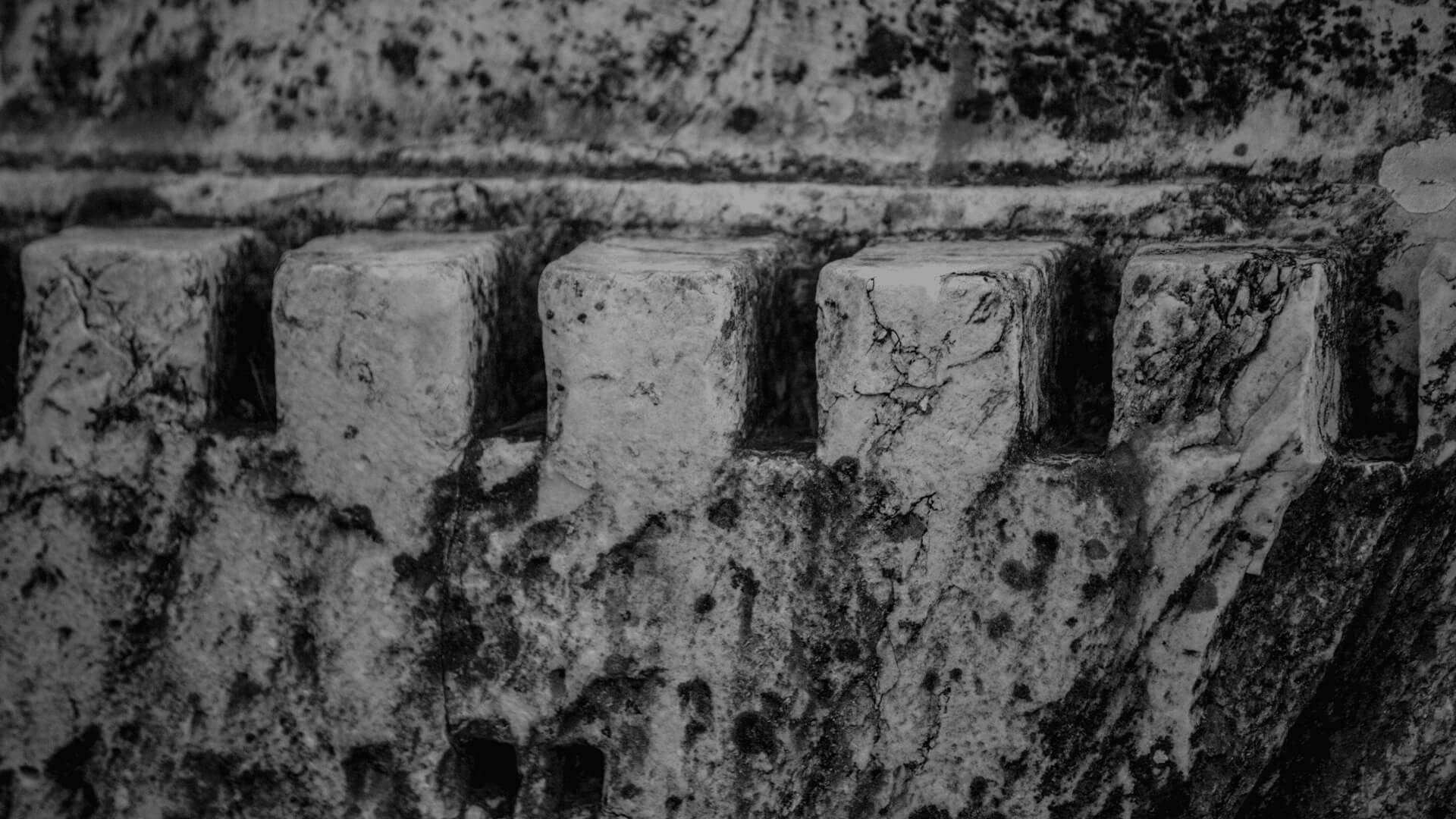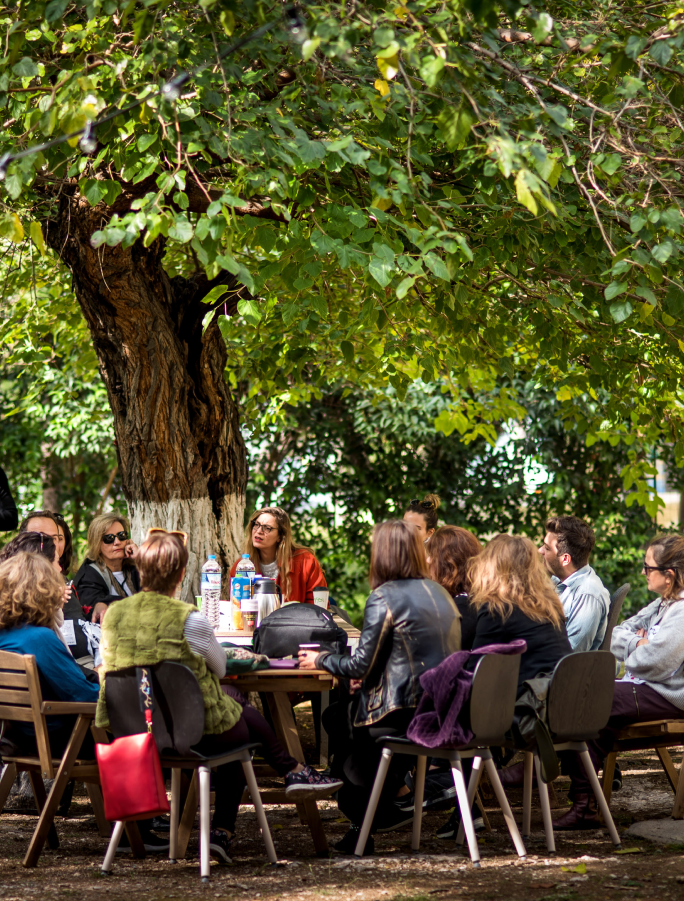Mystery_56 Culture 2030 Meeting was completed with great success in Elefsina. The Meeting was held between November 10 and 13, and it was a major legacy program of 2023 Eleusis European Capital of Culture, a 4-day celebration dedicated to Arts and Culture, under the curation of Kelly Diapouli, featuring discussions, workshops, presentations of artistic projects and networking actions, with the participation of international theorists, artists and cultural professionals, from Greece and abroad, as well as representatives of local government and residents and visitors of the city.
Mystery_56 Culture 2030 Meeting, in its third edition, was developed around three basic axes: the mission of art and culture, the values that guide their practices and the well-being of the communities in which they are developed. Aiming at showcasing the connections between contemporary art and the everyday life of a city and its communities, the programme is developed around the themes of artistic citizenship, the art of sociability and the cultural development of cities and communities.
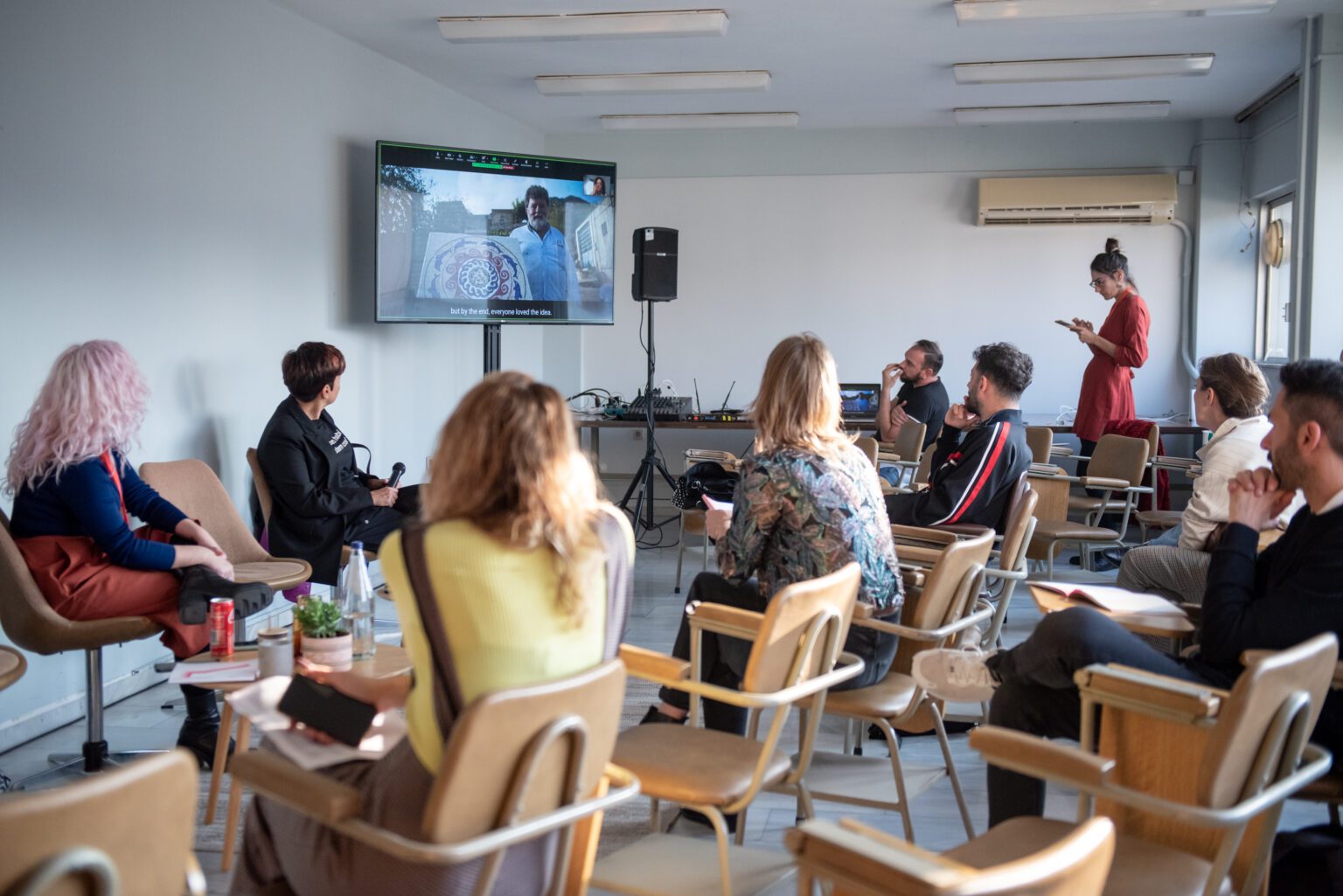
Mystery_56 Culture 2030 Meeting managed to create a natural meeting place for Greek and foreign cultural professionals—from Lebanon, the Netherlands, Romania, the Czech Republic, Belgium, Portugal, Cyprus, Poland, Serbia, Germany, France and Denmark—representatives of European institutions, artists, cultural managers, theorists, institutional bodies from the Municipalities of Attica and the wider region, as well as for all citizens interested in the cultural development of the region, arts and culture.
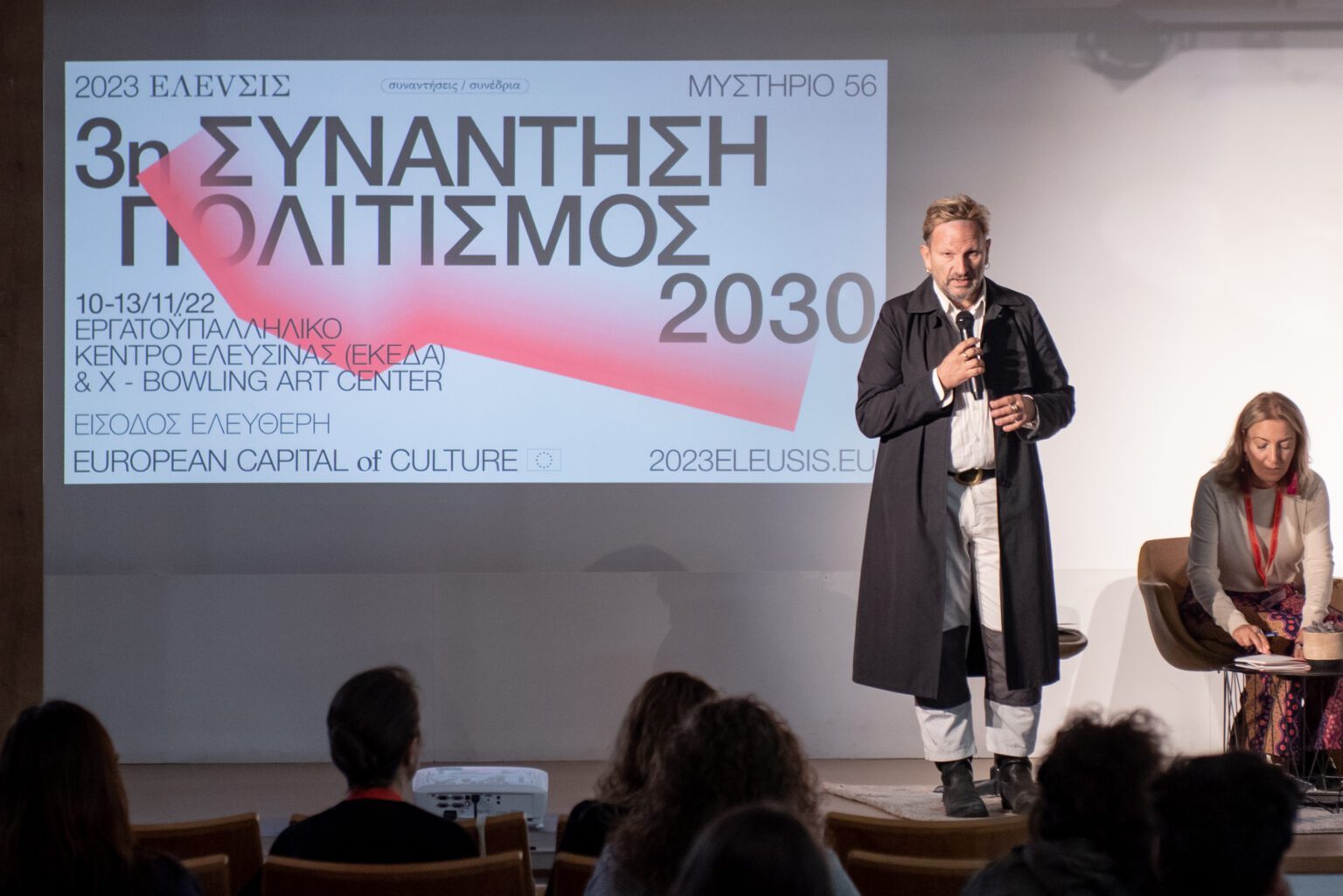
The following honored the meeting with their presence: Argyris Economou – Mayor of Elefsina, Andreas Vyras – Mayor of Larnace, Vangelis Diniakos – Mayor of Chaidari, Alexandros Pnevmatikos – Mayor of Korinthos, Fokion Zaimis – Deputy Governor of Entrepreneurship Research & Innovation, Region of Western Greece, Fotis Tatakis – Deputy Mayor for Culture, Municipality of Elefsina, Dimitris Papagiannaros – Deputy Mayor for IR & Tourism, Municipality of Elefsina, Lazaros Aslanidis – Deputy Mayor of Tourism of the Municipality of Veria, Manos Kitselis – Kaisariani Municipality Deputy Mayor of Education, Civil Protection, Tourism and Ecology, Panagiotis Sapkas – Deputy Mayor of Culture & Science, Municipality of Larissa, Kalliopi Papageli – Head of the Department of Prehistoric & Classical Antiquities of the Ephorate of Antiquities of Western Attica, Apostolos Kamarinakis – CEO of the Eleusis Port Authority, Sofia Adam – Vice President of the Public Benefit Enterprise of the Municipality of Elefsina (KEDE), Andreas Nefeloudis – Economist, former Director of the Lavrio Municipal Development Company, Katerina Grigoriadou – General Director of KEPA of the Municipality of Veria, Litsa Bafouni – Director of Culture of the Municipality of Piraeus, Thodoris Gonis – Director of Kavala DI.PE.THE., Kyriaki Spanou – Artistic Director of Thessalian Theatre, Haris Pehlivanidis – Artistic Director of Ioannina DI.PE.THE., Giannis Paraskevopoulos, former Artistic Director of Veria DI.PE.THE., Spiros Pisinos, Executive Director of Larnaca 2030 European Capital of Culture, candidate city, Yorgos Sarlis – Executive Director of Larissa 2030 ECoC, candidate city, Aurelien Zouki – Artistic Director of the Hammana Artist House, Dio Kagelari – Director of Studies at the Drama School of the National Theater, Henk Keizer – former Director of Leeuwarden / Friesland 2018 ECoC, Μilica Ilic – Reshape Coordinator, IETM Head of Communication & Administration and International Advisor at ONDA, Doreen Toutikian – Founder of the Beirut Design Week, MENA Design Research Center, Inge Ceustermans – Director of The Festival Academy, Ellada Evangelou – Artistic Director of the Buffer Fringe Festival, Immie Jonkman – Executive Director of the LF2028 Legacy Organization, Bruno Inacio – Head of Culture in the City of Faro, Stefan Teisanu, Director of the Cluj Cultural Centre, Yiannis Moiras – Coordinator of the Aeschylia Festival (1986-2000), Giorgos Skianis – Curator of Visual Exhibitions of the Aeschylia Festival, as well as various heads of public cultural institutions and organizations in the field of culture, entrepreneurship and innovation, local government representatives, artists, cultural managers, etc.
Particularly important was the presentation in the newly established “Open Space” of the work of more than 17 individual artists and/or their groups, who are engaged in projects that are inextricably linked to the communities in which they are active, both in the neighborhoods of Athens and in the periphery.
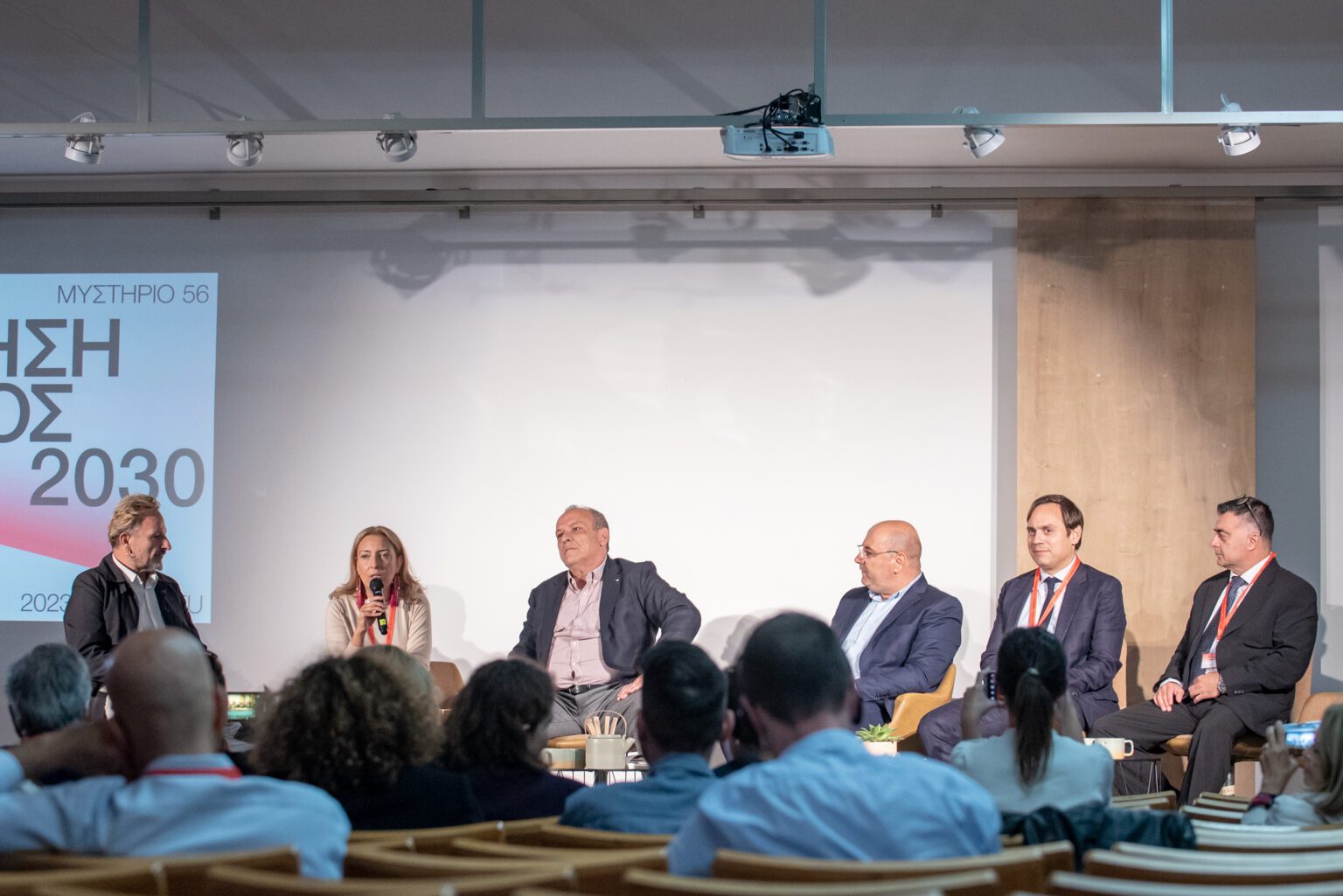
Hidden and interesting facets of Elefsina were revealed through the works of local artists and associations, such as the Museum of Folklore Association “To Adrachti,” which included a tour though the history and traditions of the Arvanites community of Elefsina, and the performance “Lemonia,” by the Asia Minor Association which, through its collaboration with the director Yolanda Markopoulou as part of the performance Mystery_13 I_LEFT Asia Minor, guided the audience through the history of the refugee settlement of Elefsina, the Standing Wave by Culterra, a group of young creatives and creative professionals of the city, who transformed from young volunteers of the ECoC to a group of young creatives of the city, the Eleusinians Maria Kastani and Panagiotis Gkiokas, whocurated the walk entitled “The Guardians of Memory,” fashion designer Nicoletta Pantazi, who connected the mythology of Elefsina to fashion, through an interesting performance, etc.
Doreen Toutikian presented the work that she created during the European program RESHAPE, a participatory card game, inviting participants to rethink the way that they function within their workspace, their collaborations and their contact with other people.
Adonis Volanakis met the audience on a blind date σε for an experiential, participatory artistic workshop based on the creative partnership of people who begin from a different starting point but share the will for synergy and are curious.
The issue of the “mission” of cultural organizations was at the heart of the workshop by Maria Vlachou, showcasing the difficulties faced by cultural professionals in describing the motives behind their actions, the mission of their work, as well as the values behind it.
Mainly centered around the narrative axis of the environmental organizations of Elefsina, and guided by Christos Christakis from the civil society movement ECOELEUSIS, participants visited the bay of Vlycha, passing through the cement factory’s (TITAN) establishments in the coastal zone.
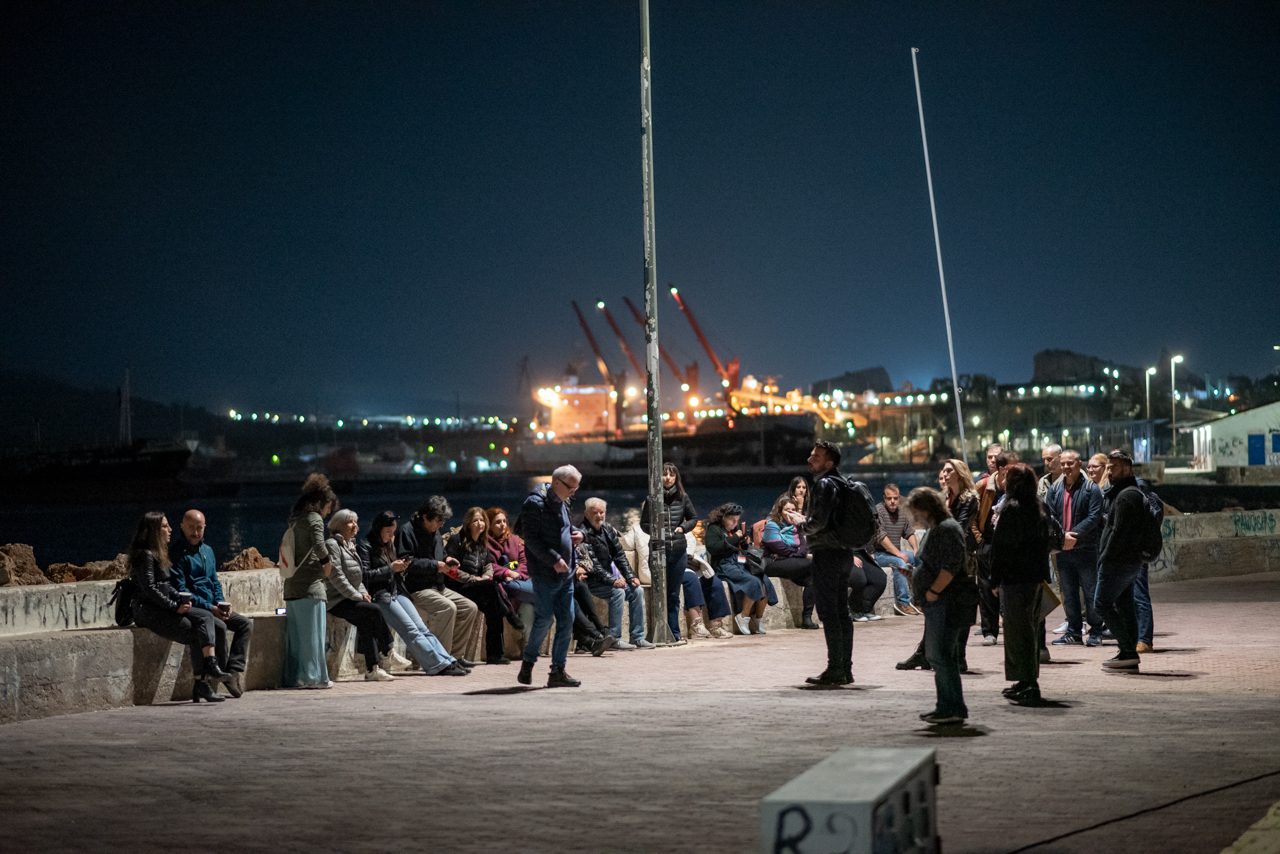
The 3rd Culture 2030 Meeting concluded with Mystery_2 Clock tower voices. The original audio performance by 2023 Eleusis European Capital of Culture was held at the Clock, the city landmark on the hill within the archaeological site of Elefsina, with Maria Protopappa performing a unique interpretation of the “Suppliants of Elefsina,” that included extracts from Aeschylus’ “The Suppliants,” testimonies of women refugees from 1922, as well as original texts by Marianna Kalbari, who was in charge of the action’s directorial curation.
After an intensive three days of artistic workshops and working groups that fed back thoughts and discussion on contemporary artistic practices, participants, speakers and artists attempted a collective evaluation of Mystery_56 3rd Culture 2030 Meeting. The conclusions of this important meeting will be announced soon via the 2023eleusis.eu website.
Click here for the detailed programme of the 3rd Culture 2030 Meeting
